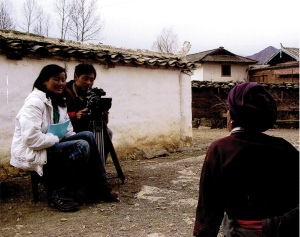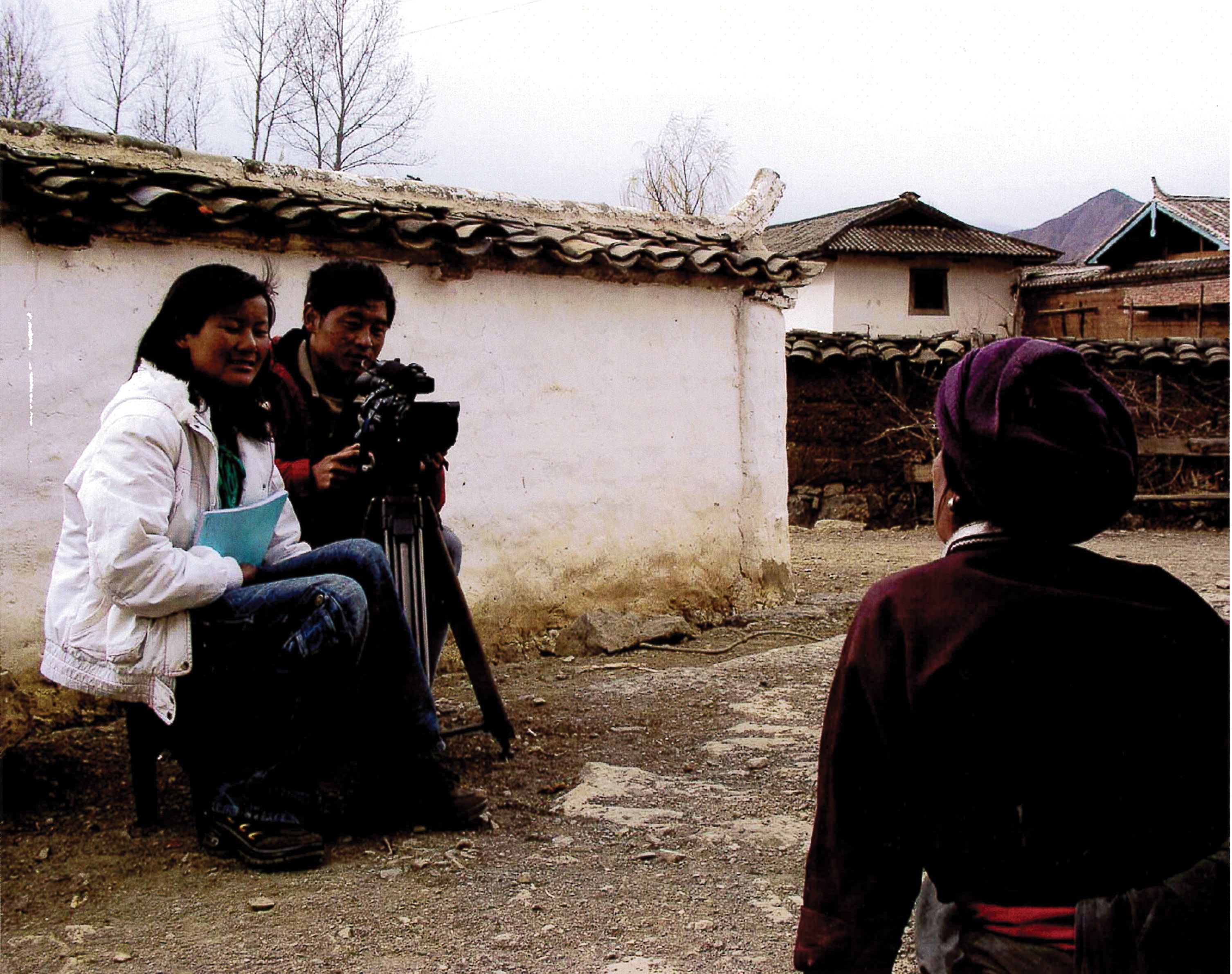
Dr. Tami Blumenfield, assistant professor of Asian studies at Furman, was awarded a $415,000 grant from the National Science Foundation, allowing her to study how different societies in China and Bangladesh adapt to rapid change in economic opportunities and subsequent changes in wealth.
Blumenfield will work with Dr. Mary K. Shenk from University of Missouri and Dr. Siobhan Mattison from University of New Mexico on the project, as well as with international collaborators such as the Bangladesh Research Institute, Yunnan University and the Lijing Teachers College. Blumenfield and her research partners have selected Bangladesh and the Yunnan province of China as their two sites of study.
The field sites were chosen based on the team members’ previous work in these locations. Blumenfield has visited Yunnan for previous research ranging from topics of cultural assimilation of minorities to food systems shifting from traditional communal agrarianism to modernized industry.
According to Blumenfield, the team will use a relatively complex and detailed set of methods to collect data. These methods include the distribution of quantitative surveys regarding household wealth, the collection of health information and the study of social networks between households.
Qualitative research will also be conducted with the use of video cameras, part of the work that Blumenfield hopes will include Furman students.
“That is the part of the project that I am really excited about,” Blumenfield said. “Both to get the local students [at the field sites] involved, and hopefully Furman students as well, along with students from the University of Missouri and the University of New Mexico.”
All of the separate footage will be edited together to document the changes throughout the project.
The inclusion of both American and Chinese students is just one contributing factor to the highly collaborative nature of this project.
“The project is not one where U.S. universities are coming in and extracting data from countries,” Blumenfield said. “Instead, we are really working together to represent different perspectives in the process.”
Ultimately, the team aims to provide policy makers and government officials with a theory about what happens when a society goes through the process of rapid transformation.
Shusuke Yagi, chair of the Asian Studies Department, commented on the implications of this grant for the department as a whole.
“It is a great honor that our departmental member received such a prestigious and large scale grant,” Yagi said. “This will also enhance our Asian studies program’s reputation even more, which is already touted to be probably the best in the South and one of the best in the nation among liberal arts colleges.”
Photo courtesy of Tami Blumenfield
